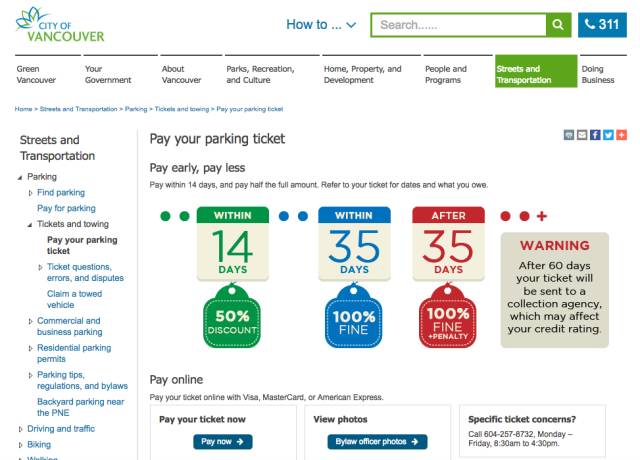Understanding CA Travel Time Pay for Hourly Employees: A Comprehensive Guide
Guide or Summary:CA Travel Time Pay for Hourly EmployeesCA Travel Time Pay for Hourly EmployeesIn California, understanding the intricacies of travel time p……
Guide or Summary:
CA Travel Time Pay for Hourly Employees
In California, understanding the intricacies of travel time pay for hourly employees is crucial for both employers and employees. This guide aims to clarify the rules and regulations surrounding travel time pay, ensuring that hourly employees are fairly compensated for their time spent traveling for work-related purposes.
Travel time pay refers to the compensation that hourly employees receive for the time they spend traveling as part of their job duties. In California, the law stipulates that employees must be paid for travel time under certain conditions. It's essential for both employers and employees to be aware of these regulations to ensure compliance and avoid potential disputes.
### What is Travel Time?
Travel time can be categorized into several types, each with specific rules regarding compensation:
1. **Commute Time**: The time an employee spends traveling from home to their primary workplace is generally not compensable. However, if an employee is required to report to a different location than their usual workplace, the travel time to that new location may be compensable.
2. **Travel During Work Hours**: If an employee is traveling for work during their regular working hours, they should be compensated for this time. This includes travel between job sites or when attending meetings or training sessions.

3. **Overnight Travel**: For employees who are required to travel overnight for work, the time spent traveling is typically compensable, especially if the travel occurs during regular working hours. Employers must also consider meal breaks and rest periods during such trips.
### California Labor Code and Travel Time Pay
The California Labor Code provides guidelines on travel time pay, ensuring that employees are compensated fairly. According to the law, employers must pay hourly employees for all hours worked, which includes time spent traveling for work. Failure to comply with these regulations can result in penalties and legal disputes.
Employers should establish clear policies regarding travel time pay and communicate these policies to their employees. This transparency helps to prevent misunderstandings and ensures that employees are aware of their rights regarding compensation for travel time.
### Best Practices for Employers

To comply with California’s travel time pay regulations, employers should consider the following best practices:
- **Create a Travel Policy**: Develop a clear travel policy outlining how travel time will be compensated. This policy should include definitions of what constitutes compensable travel time and how it will be calculated.
- **Track Travel Time**: Implement a system for tracking employee travel time accurately. This can include time sheets, travel logs, or digital tracking systems. Accurate records will help ensure that employees are compensated appropriately.
- **Train Managers and Supervisors**: Ensure that managers and supervisors are trained on the regulations surrounding travel time pay. They should be equipped to answer employees' questions and handle any disputes that may arise.
- **Communicate with Employees**: Regularly communicate with employees about their rights regarding travel time pay. This can include informational meetings, written materials, or updates to the employee handbook.

### Conclusion
Understanding CA travel time pay for hourly employees is essential for both employers and employees in California. By familiarizing themselves with the regulations and best practices, employers can ensure compliance while providing fair compensation for their employees. Employees, on the other hand, should be aware of their rights and the circumstances under which they are entitled to travel time pay. By fostering a culture of transparency and open communication, both parties can work together to navigate the complexities of travel time compensation effectively.
In summary, the landscape of travel time pay in California is nuanced, and both employers and employees must stay informed to ensure fair practices. With the right knowledge and policies in place, travel time can be managed effectively, benefiting everyone involved.